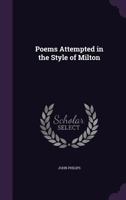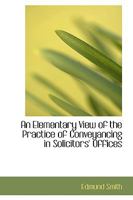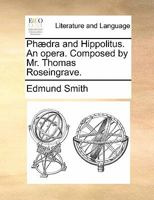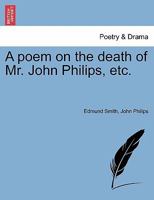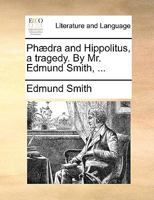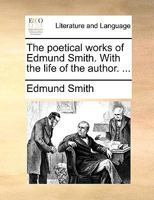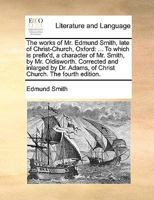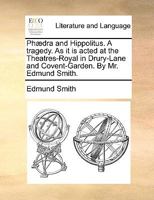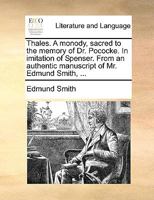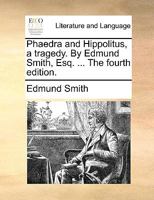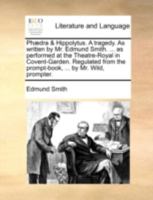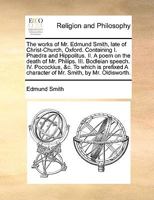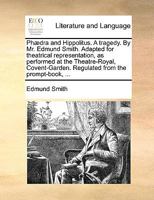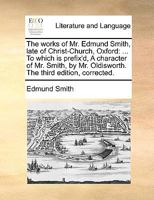A Tomato Can Chronicle
Select Format
Select Condition 
Based on Your Recent Browsing
Book Overview
Eugene Connett, III, the venerable founder of The Derrydale Press, described Edmund Smith as "the most polished writer we have ever published. The discovery of this manuscript in 1936 was, he said, "one of the happiest events of the past year." Smith was a master New England storyteller who expressed his love and knowledge of wild places through the medium of short stories. The title comes from an experience of the author and a boyhood friend who together enjoyed the thrill of catching their first bass with worms in a tomato can. Warm, evocative stories from locales all over the Atlantic seaboard. Originally published by The Derrydale Press in 1937, this classic of outdoor literature will appeal to the armchair sportsman as well as the accomplished hunter and fisher. Illustrated by Ralph L. Boyer.
Format:Paperback
Language:English
ISBN:1493072978
ISBN13:9781493072972
Release Date:March 2023
Publisher:Lyons Press
Length:218 Pages
Weight:0.70 lbs.
Dimensions:0.5" x 5.9" x 8.9"
More by Edmund Smith
Customer Reviews
6 customer ratings | 5 reviews
There are currently no reviews. Be the first to review this work.





















